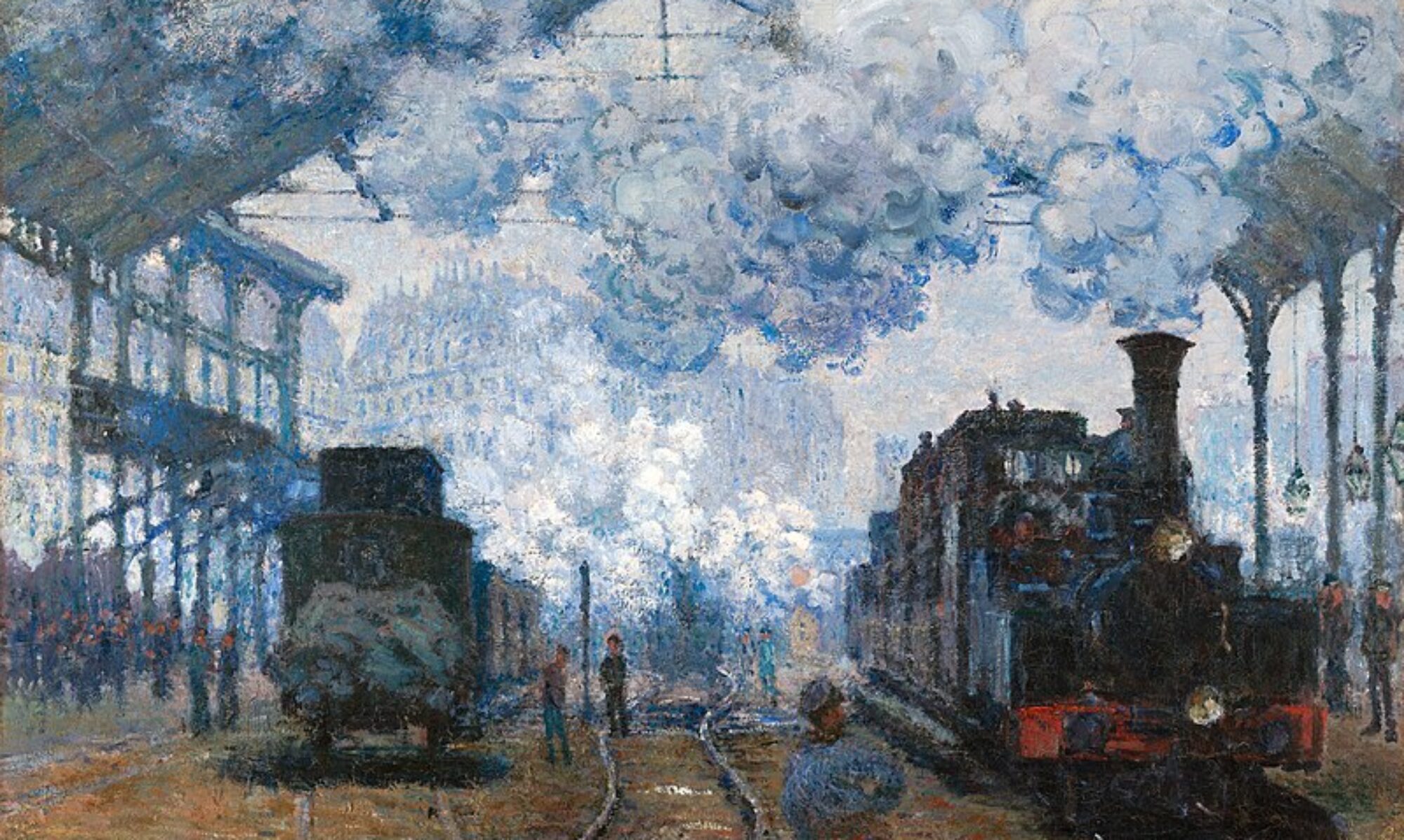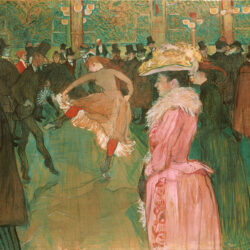Weekly Video Lectures
Select a link below to watch the video lecture and slide show for each week of class. I recommend that you watch the lectures at the start of the week, so you have context for our primary sources.
You may not share these links with anyone who is not enrolled! Please let me know if you have any questions or access issues. Feel free to comment on lectures in your blog posts, too.
Week 12 Lecture: Modernity and Its Discontents, Part:: Fin-de-Siècle Opportunities and Anxieties
Week 11 Lecture: Modernity and Its Discontents, Part I: Russia from Reform to Radicalism
Week 9 Lecture: The Human Animal
Week 8 Lecture: The Nation-State Ascendant
Week 7 Lecture: The Springtime of Nations (Nationalism and the Revolutions of 1848)
N.B.: There is no lecture for Week 6
Week 5 Lecture: Liberalism and Socialism (and other -isms)
Week 4 Lecture: Social Changes and Social Challenges
Week 3 Lecture: Industrialization
Week 2, Second Lecture: Romanticism and Romantic Nationalism
Week 2, First Lecture: Restoration and Revolutionary Aftershocks
The audio seems to have cut out on the last slide of Week 2’s first lecture. Here is roughly what I said:
Britain managed to avoid a revolution despite experiencing unrest in the 1820s and 1830s because its Parliamentary form of government was flexible enough to enable the country to enact reform in a way that satisfied the majority of citizens. Not all was sweetness and light, however. Britain faced a major challenge from rising nationalism in Ireland. Today, Ireland is an independent country, but in the early 19th century it was part of the United Kingdom, and Britain treated it like a colonial possession. The Irish faced many forms of discrimination and structural inequality, largely based on religion. The UK’s official religion was Protestantism (the Church of England), and laws severely restricted the rights of Catholics, the religion practiced by most Irish people. Most significantly, Catholics could not vote or serve in Parliament. In the 1820s, Daniel O’Connell led the Catholic Association in protesting this discrimination. To make his point, he ran and was elected to Parliament, but as a Catholic, he couldn’t enter the building. The movement became so strong under O’Connell’s leadership that the British began to fear an outright Irish revolution. To avoid that, Parliament passed the Catholic Emancipation Act in 1829. Again, Parliamentary action prevented Britain from experiencing a revolution in the 1820s and 1830s.

